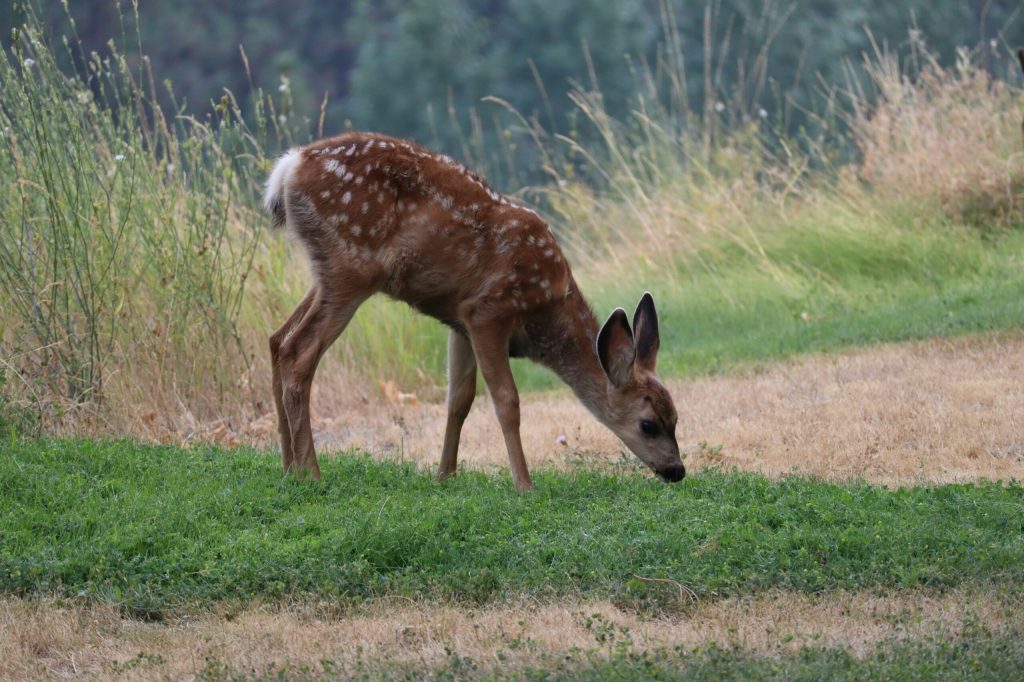Statewide feed ban for deer considered
Published 8:15 am Wednesday, March 6, 2024
By Hunter Cloud
The Brookhaven Daily Leader
Mississippi Department of Wildlife, Fisheries and Parks Commissioners may entertain a statewide supplemental feed ban with disease management in mind. A report will hopefully be put together in time for the March commission meeting and start a public comment process.
The new supplemental feed debate would not focus on the ethics of supplemental feeding nor the economic impact or quality buck management. Instead, the discussion would focus on disease management for all wildlife.
Trending
Supplemental feeding is considered to be one of the main risks of Chronic Wasting Disease spreading in deer. Studies in Arkansas show maternal deer family groups concentrate around feeders at a higher rate than they naturally would.
Further research by MSU shows that corn, commonly used in supplemental feeding, contains aflatoxins, which is detrimental to the health of turkeys and other wildlife.
Abundance of corn is known to concentrate mesopredators such as raccoons, possums and skunks in areas. MSU Deer Lab showed the most frequent visitor of a corn feeder were raccoons at 40 percent of visits while deer made up 25 percent of visits. Supplemental feed helps potential nest predators, which can thus have a negative impact on turkeys.
Feeders have behavioral effects on deer as well. MSU Deer Lab used GPS collars to track the movements of bucks 3.5 to 5.5+ years old and found some fascinating results across 78,000 acres of cooperative landowners.
Bucks that used feeders to eat traveled shorter distances, bedded down more, moved less often and were more active at night. Food plot bucks moved more during the day. Of course, more daylight movement means hunters have a better chance of seeing and harvesting a deer.






